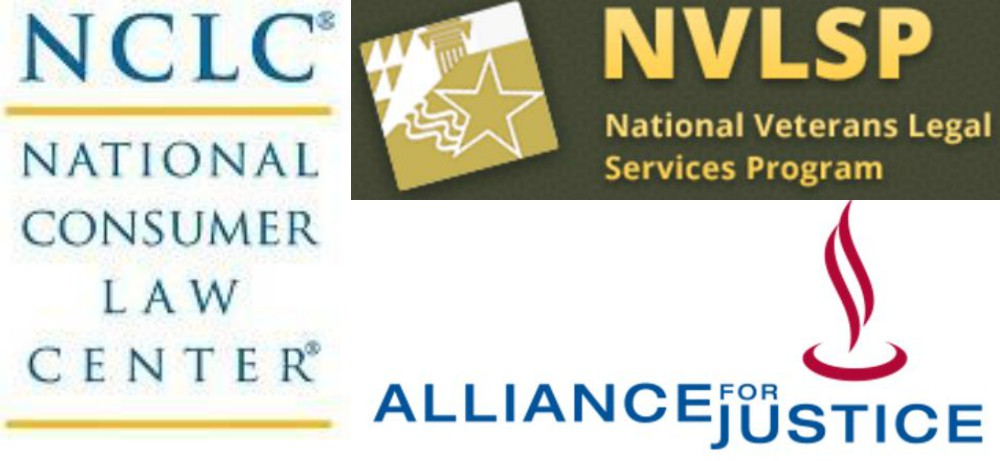Three nonprofits have sued the federal government over legal research costs—National Veterans Legal Services Program, National Consumer Law Center, and Alliance for Justice.

Their complaint alleges that the Administrative Office of the U.S. Courts charges excessive fees to access federal court information online through PACER. PACER stands for Public Access to Court Electronic Records. The PACER website is how the federal government provides online access to court documents from federal district courts, appellate courts, and bankruptcy courts.

The judge has allowed the case to proceed as a class action. Some law firms have recently received notice that they may be eligible to join the class, because they have paid PACER fees during the six-year time period relevant to the lawsuit. Jean O’Grady, a law librarian at the firm DLA Piper, estimates that some large law firms may have paid more than $1 million over six years, just on legal research fees to PACER.
Not many law students use PACER, because it is clunky and expensive. But most law students use subscription databases (Westlaw, Lexis Advance, and Bloomberg Law) that provide free student access and streamlined user interfaces over federal court data that originates from PACER.

We at the law library serve not only law students, but also the general public. Members of the public who don’t have access to subscription databases have no choice but to use PACER if they need federal court documents. Many of them find PACER’s 10-cents-per-page charges add up quickly to become unaffordable. The plaintiffs in the lawsuit are asking the government to reduce these costs, which would incidentally help our public patrons who need federal court information.